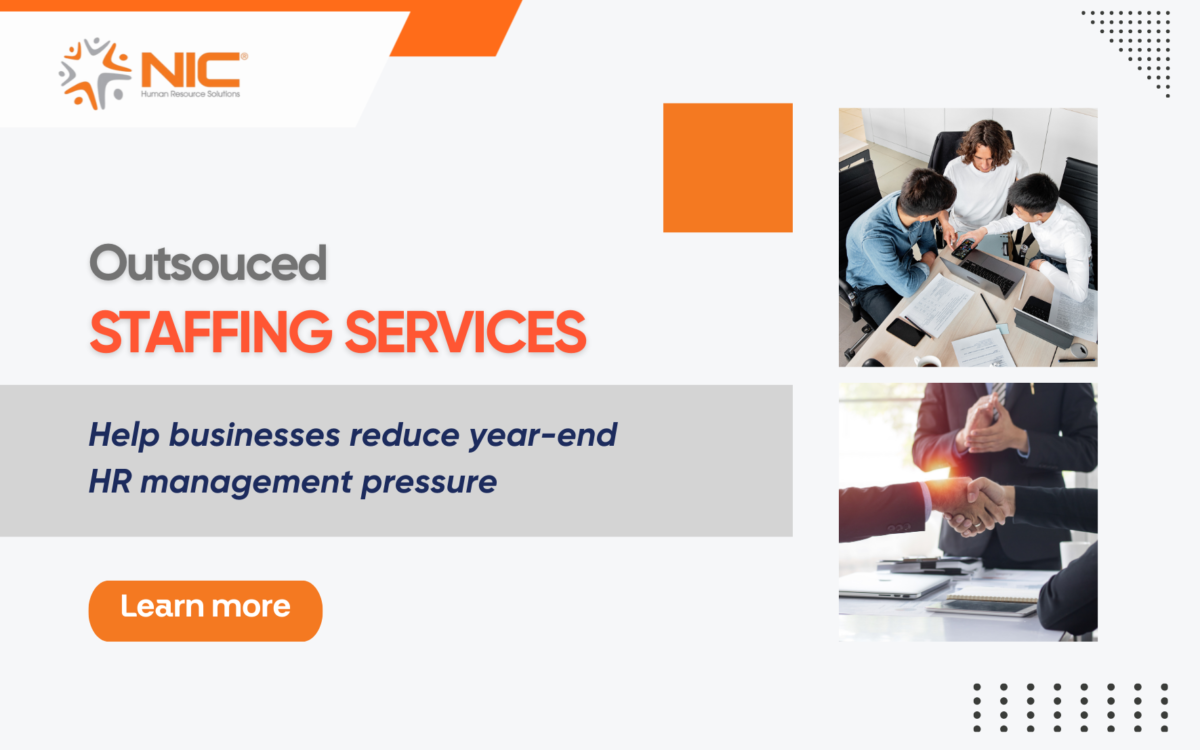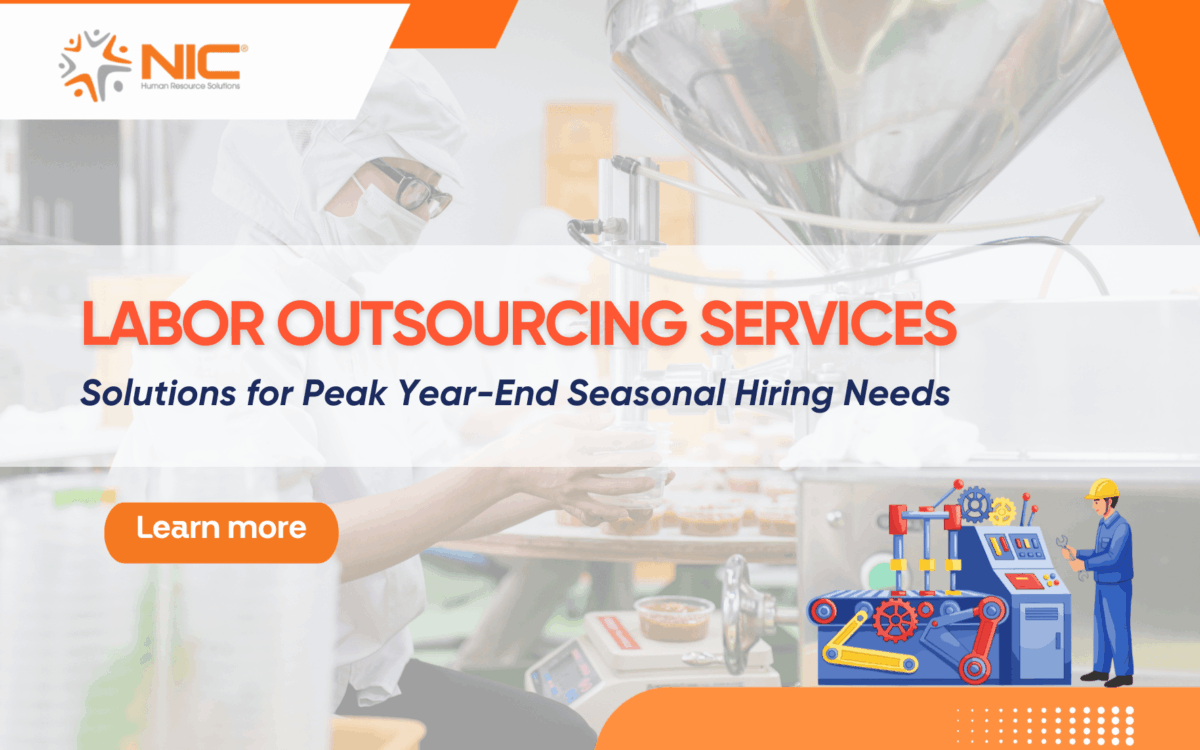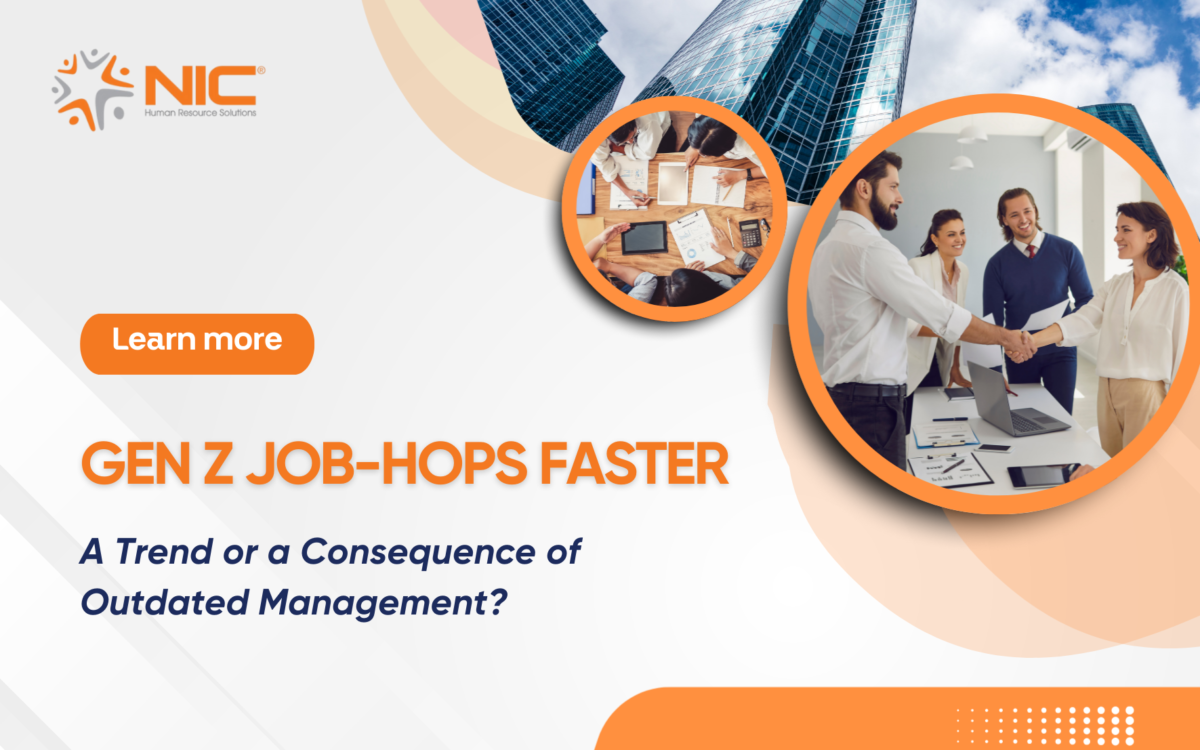From VUCA to DBCR:
Navigating a Disruptive, Brutal, Chaotic, and Restless Business World
30/12/2024
In today’s rapidly evolving business environment, traditional frameworks like VUCA (Volatility, Uncertainty, Complexity, Ambiguity) and BANI (Brittle, Anxious, Nonlinear, Incomprehensible) are becoming less relevant. Enter the DBCR framework—a new approach that captures the intensity of modern business dynamics: Disruptive, Brutal, Chaotic, and Restless. This model, developed by Dr. Sanjeev Dixit, provides a lens through which organizations can not only survive but thrive in an era defined by rapid technological advancements, shifting market conditions, and restless innovation.
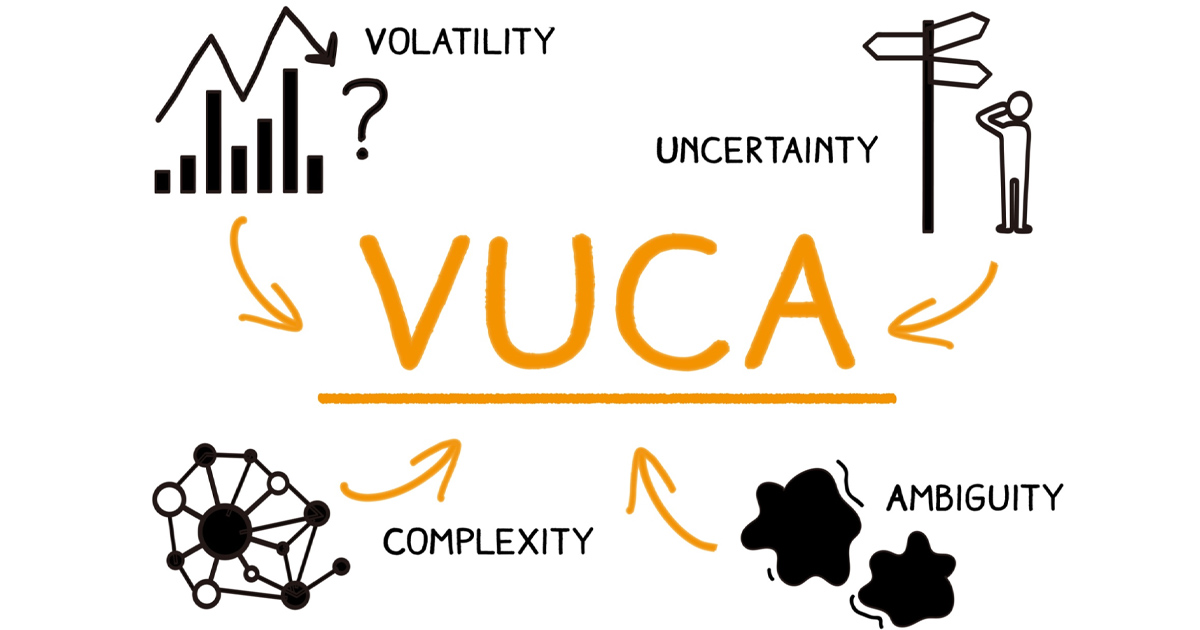
As technologies such as Artificial Intelligence (AI), Big Data, and robotics reshape industries, businesses must embrace new strategies that allow them to remain competitive in this relentless environment. Central to this is Culture Intelligence (CI), a concept that promotes resilience, adaptability, and continuous learning. CI equips businesses with the tools necessary to build a workforce capable of navigating the complexities of DBCR.
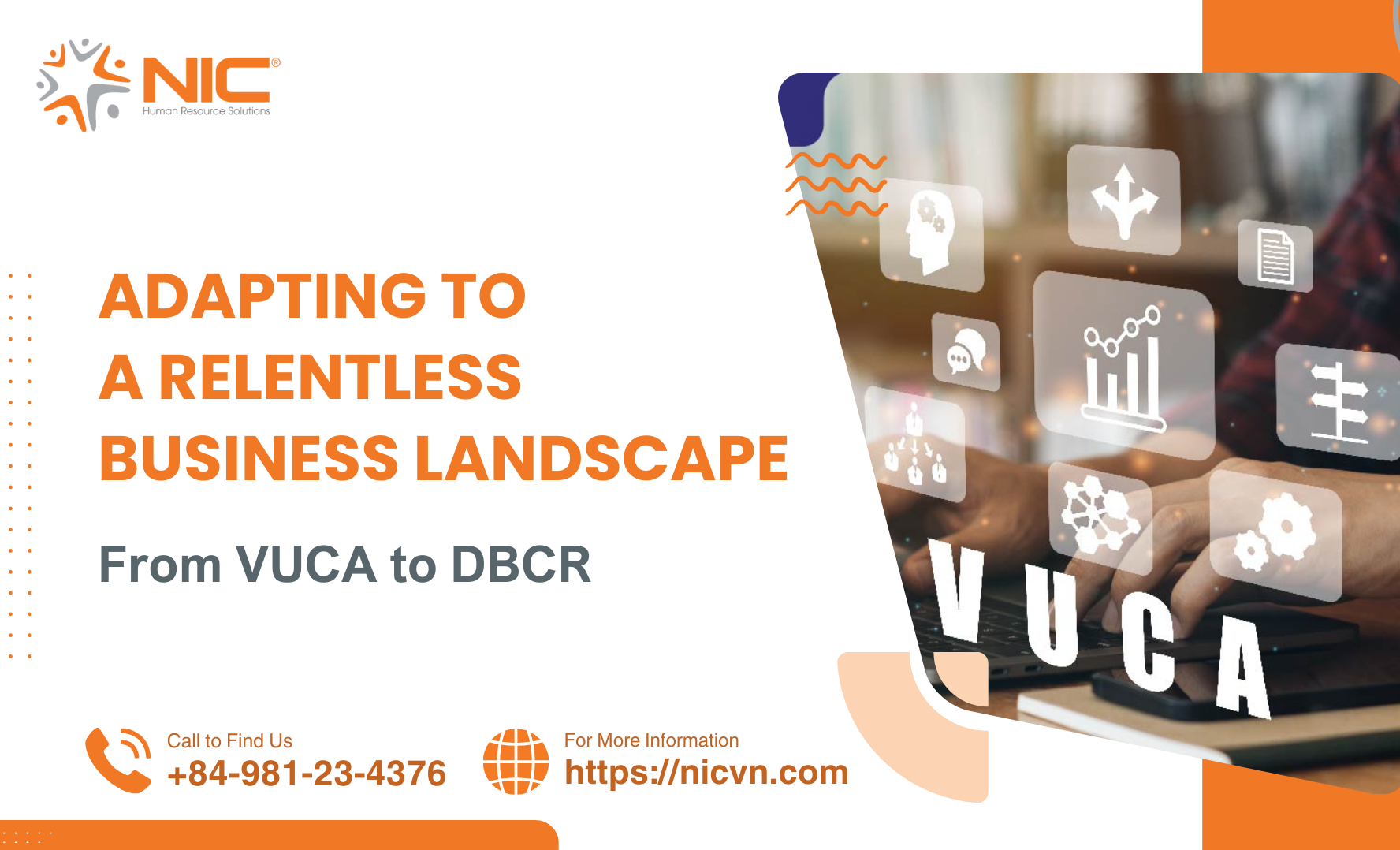
1. Promoting a Growth Mindset
In a disruptive world, continuous learning is no longer optional. Companies that foster a growth mindset encourage employees to embrace new skills, take on challenges, and adapt quickly to change. This culture of development ensures that teams are agile and capable of addressing both present and future market demands.
Organizations looking to thrive in a DBCR landscape must prioritize the development of their employees through tailored training programs and flexible learning opportunities. When businesses invest in people’s growth, they build a workforce equipped to handle whatever challenges come next.
2. Building Emotional Resilience
Setbacks are inevitable in a brutal and competitive business environment. Emotional resilience—the ability to recover and adapt after challenges—becomes a vital trait for employees and leaders alike. Businesses that cultivate resilience are better prepared to maintain productivity and morale, even under the intense pressure that defines DBCR.
Implementing support systems such as mental health resources and stress management programs can empower employees to navigate tough situations without burning out. This focus on well-being improves individual performance and strengthens the organization’s overall health.
3. Encouraging Agility and Flexibility
The modern market’s chaotic and restless nature demands that organizations be agile—ready to pivot strategies or change course immediately. By creating an environment that values flexibility, companies can ensure they remain nimble and capable of making rapid decisions in response to evolving market conditions.
Agility requires more than just quick thinking; it’s about empowering teams with the autonomy to act and innovate. Establishing a framework that supports flexible roles and cross-functional collaboration can help businesses maintain their competitive edge.
4. Fostering Innovation and Inclusivity
Innovation thrives in environments where diverse ideas and perspectives are valued. CI promotes a culture of inclusivity, where all employees, regardless of role or background, feel empowered to contribute to the decision-making process. In a DBCR world, businesses that harness the power of diverse insights are better equipped to solve complex problems and drive forward-looking strategies.
Encouraging cross-functional teams and fostering collaboration across departments will ensure that organizations can tap into a broader pool of ideas, which is crucial for innovation in a fast-changing market.

5. Enhancing Communication and Collaboration
Effective communication is essential for maintaining alignment in a rapidly shifting and often unpredictable business environment. Open communication channels and transparent leadership ensure that employees stay informed and can act swiftly when necessary.
Collaborative tools and systems that facilitate real-time information sharing across teams are vital for maintaining clarity in the face of disruption. By promoting communication, businesses can prevent confusion and enhance cohesion, even when external conditions become chaotic.
6. Driving Strategic Alignment and Purpose
When faced with disruption and chaos, having a clear sense of purpose is more important than ever. A strong, values-driven vision ensures that employees stay focused on the company’s long-term objectives, no matter how unpredictable the market becomes.
Strategic alignment across all levels of the organization fosters resilience by giving employees a clear direction, even during times of uncertainty. It’s essential that leadership consistently communicates this vision, ensuring it remains front and center amid the noise of a rapidly changing world.
Conclusion: Thriving in a DBCR World
The DBCR framework, developed by Dr. Sanjeev Dixit, provides businesses with a more relevant approach to navigating the disruptions of today’s world. Through Culture Intelligence (CI)—with its focus on adaptability, emotional resilience, and continuous learning—organizations can position themselves not just to survive but to leverage disruption for growth.
By fostering a culture that embraces these principles, companies are better equipped to anticipate market shifts, innovate with confidence, and remain agile in constant change. Success in the DBCR landscape is not about reacting to disruption— but anticipating it, adapting, and turning challenges into opportunities.
Is Your Business Ready for DBCR?
Adopt strategies that promote agility, innovation, and emotional resilience to prepare your team to thrive in a disruptive world. Let’s build the future together.
For contact and support:
Facebook: NIC Global – Human Resource Solutions
Linkedin: NIC Global Sourcing JSC
Website: www.nicvn.com
Email: info@nicvn.com
Hotline: 0981.23.43.76
Address:
- Hanoi Office: No. 3A Thi Sach, Pham Dinh Ho Ward, Hai Ba Trung District, Hanoi, Vietnam
- Ho Chi Minh City Office: Dakao Center Building, 35 Mac Dinh Chi, District 1, Ho Chi Minh City, Vietnam
See more:
Payroll service
Staffing service
EOR service

